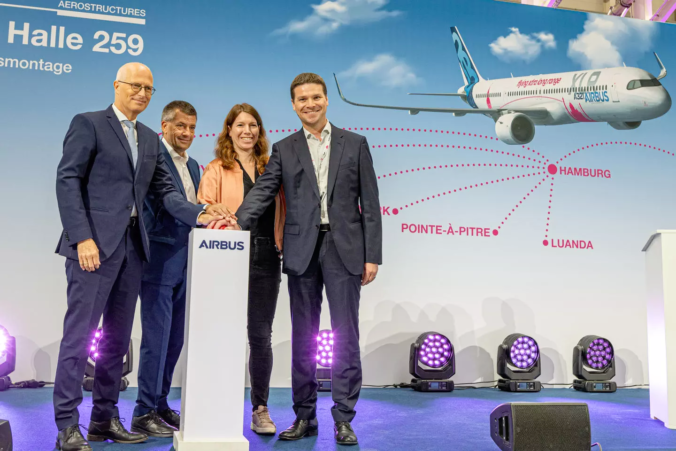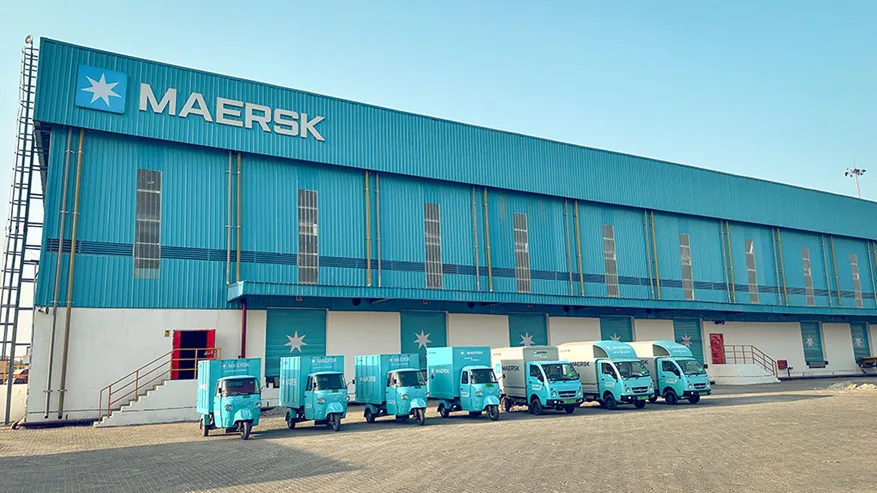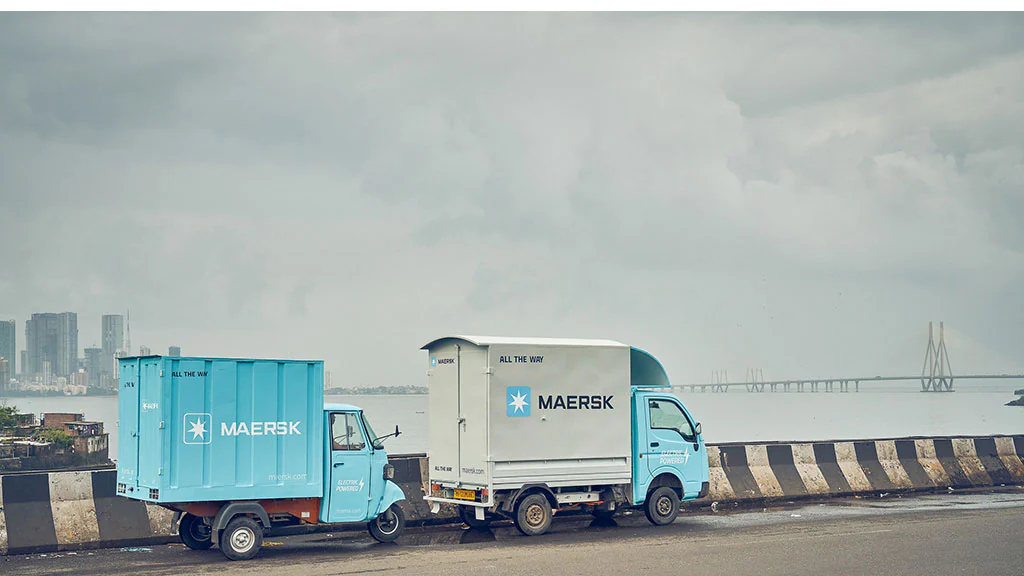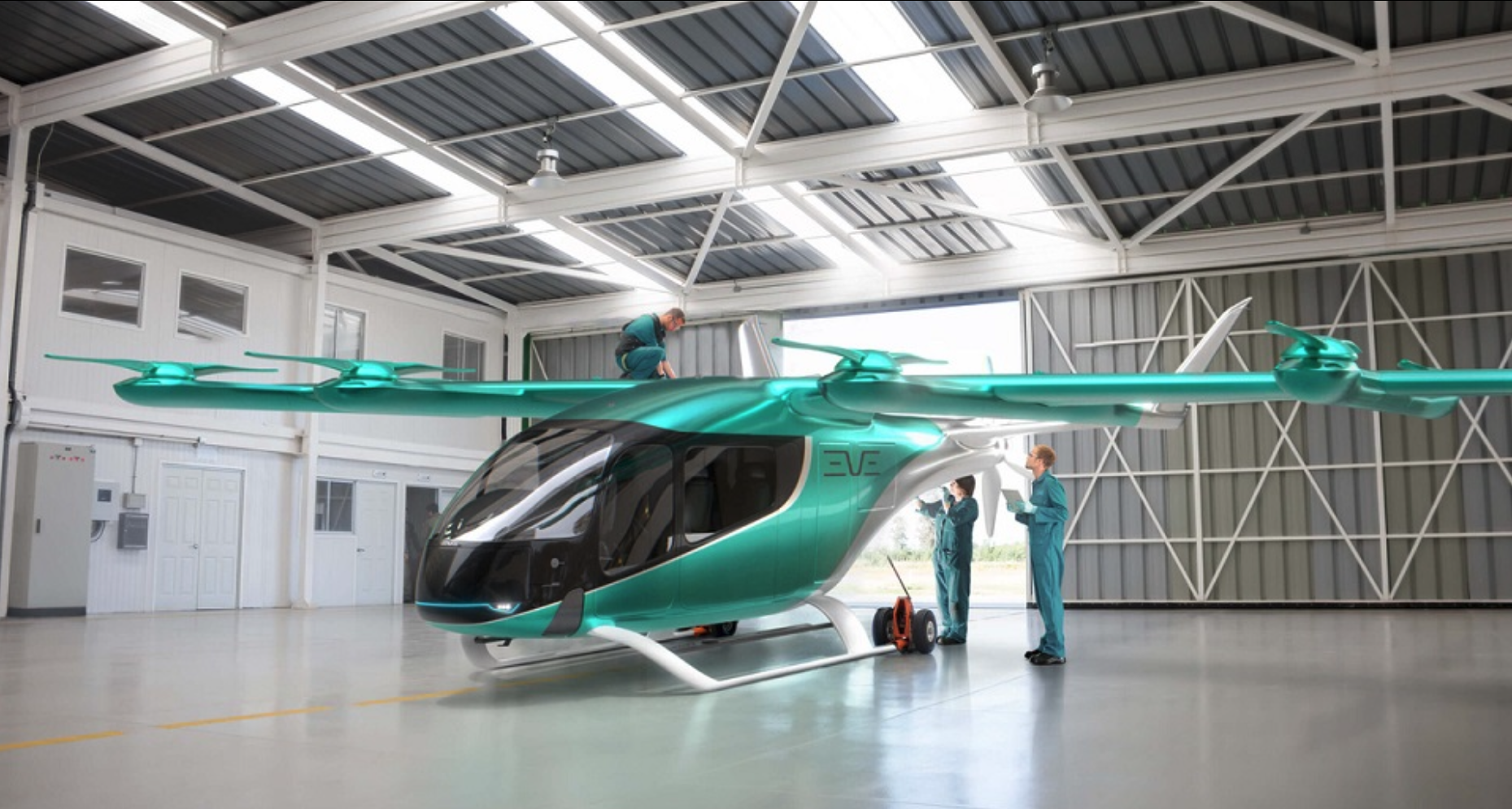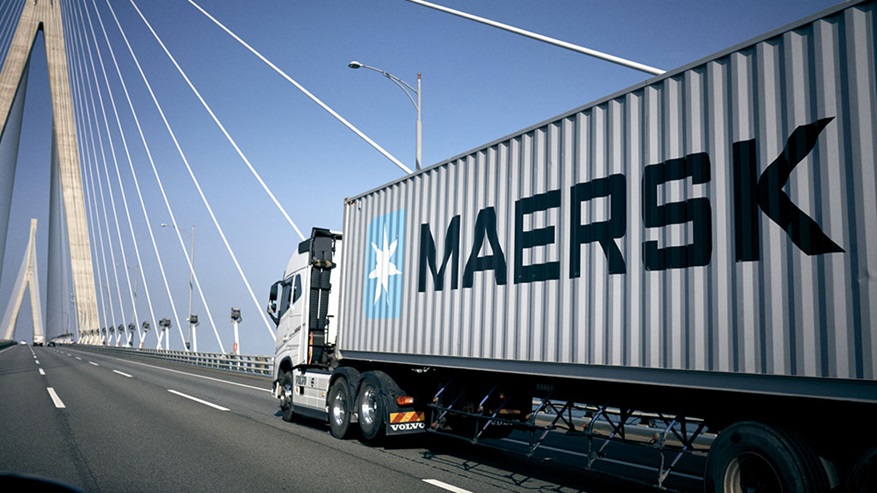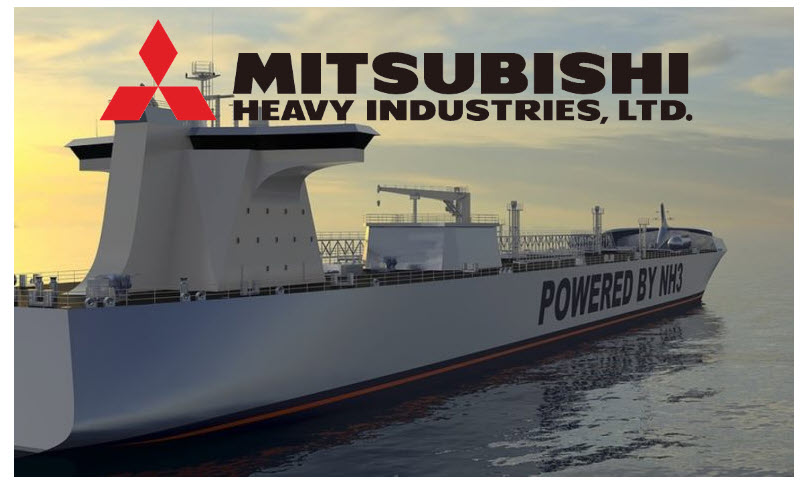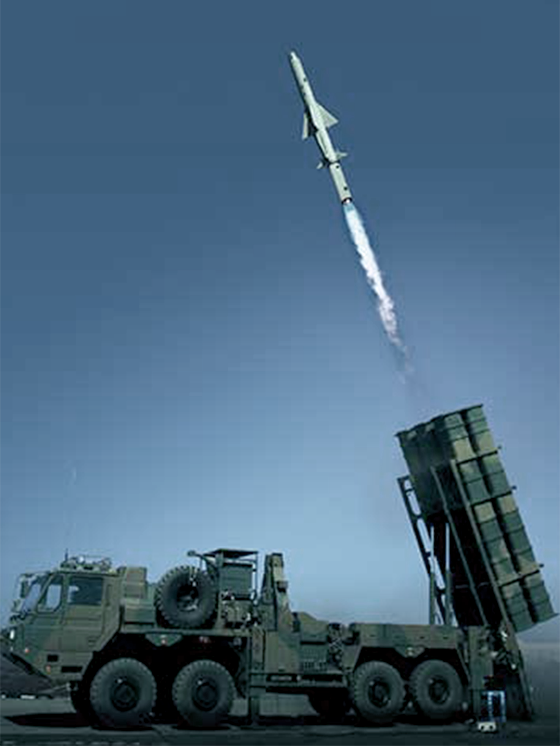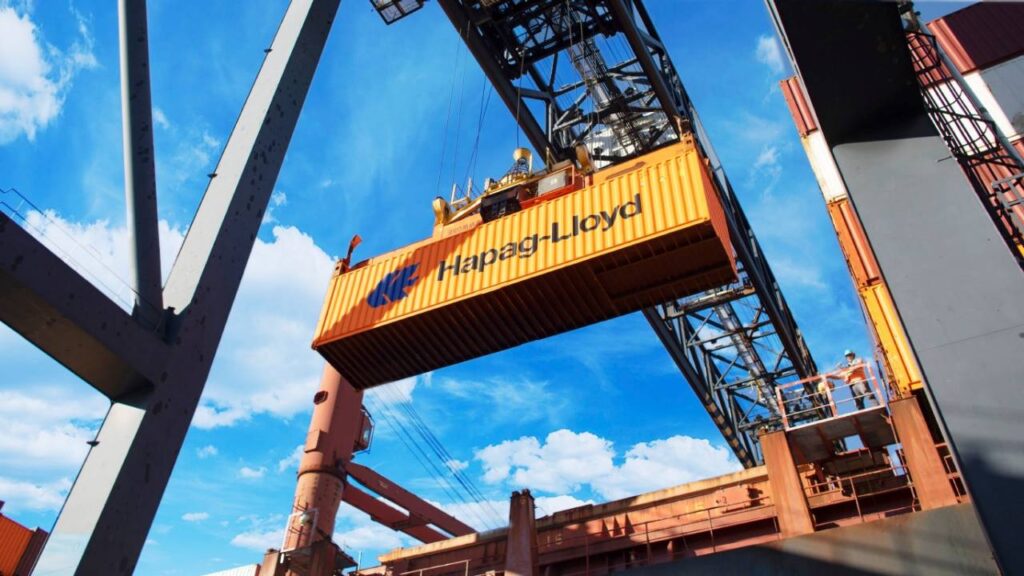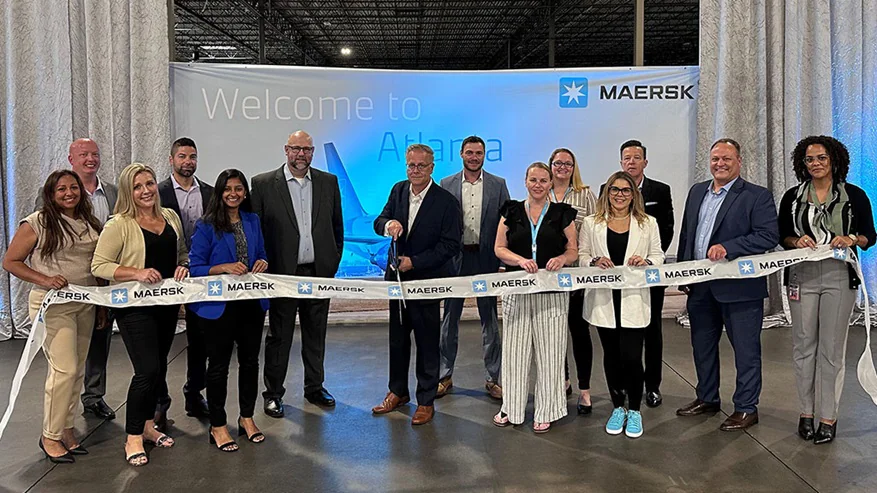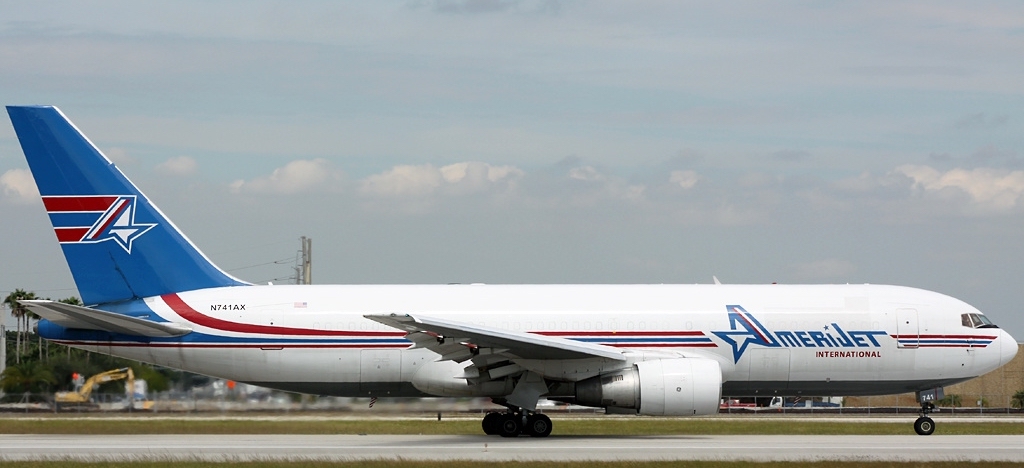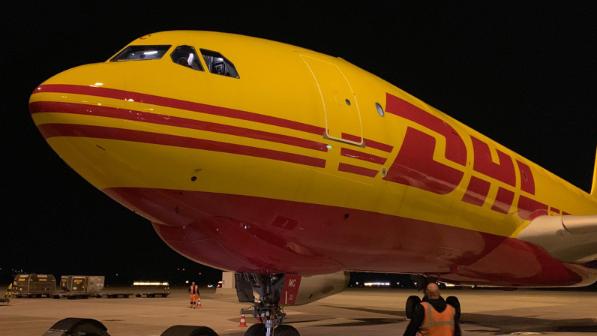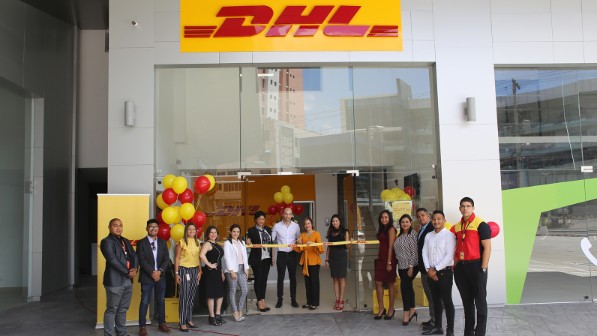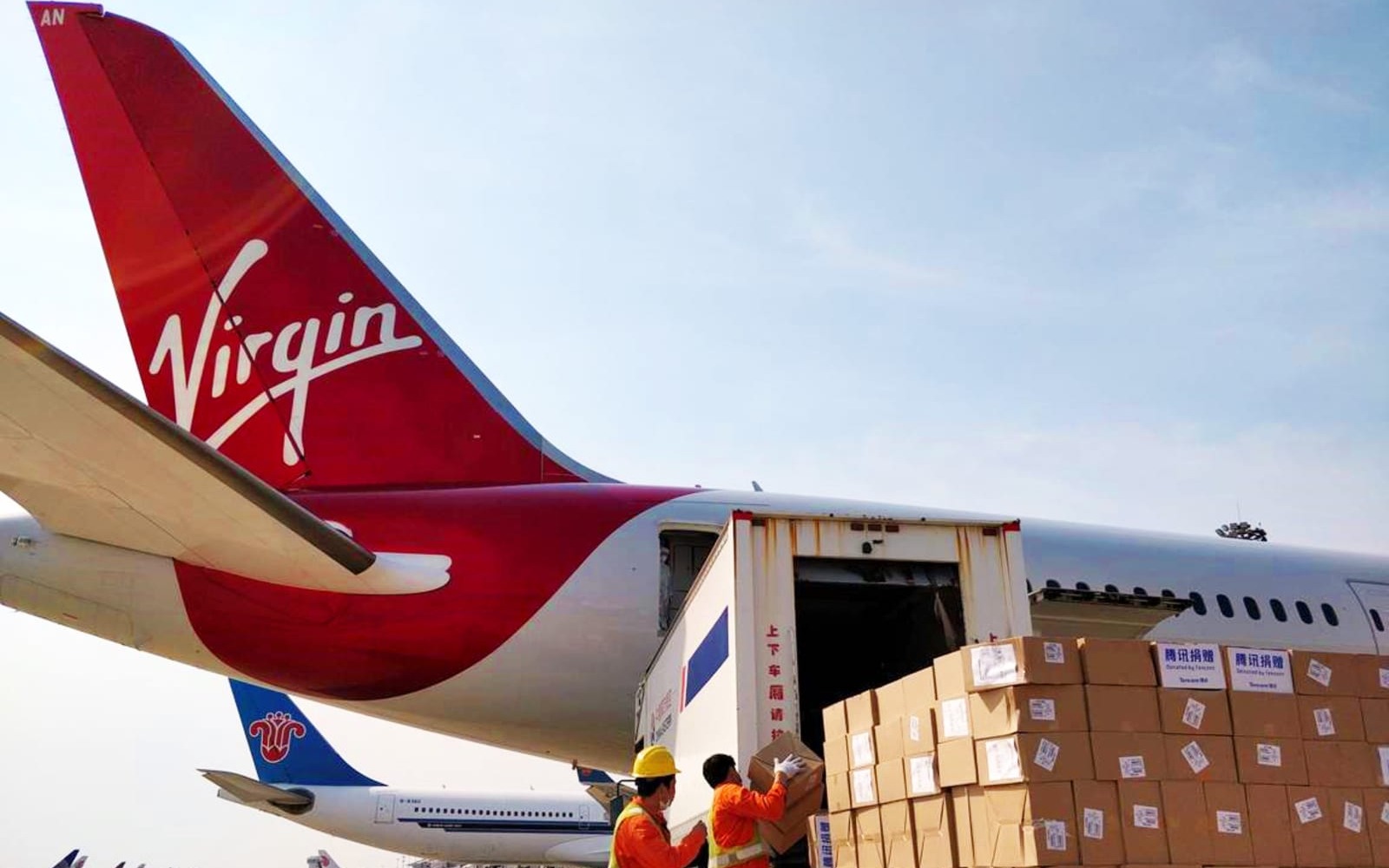Hamburg, Germany, August 30, 2023 – Airbus (OTC: EADSY) is advancing its industrial system and expanding ramp-up capacity with a new automated A321XLR equipping hangar, officially opened today by Hamburg’s First Mayor Peter Tschentscher and German Aerospace Coordinator Anna Christmann. With this, Airbus continues its modernisation and digitalisation of its industrial system and expands its capacity for the rate ramp-up in the A320 programme to 75 in 2026.
Hamburg, 30 August 2023 – Airbus is advancing its industrial system and expanding ramp-up capacity with a new automated A321XLR equipping hangar, officially opened today by Hamburg’s First Mayor Peter Tschentscher and German Aerospace Coordinator Anna Christmann. With this, Airbus continues its modernisation and digitalisation of its industrial system and expands its capacity for the rate ramp-up in the A320 programme to 75 in 2026.
“Airbus’ Hamburg site plays a significant role in the development and production of the A321XLR. With our new, state-of-the-art equipment installation hangar, we are now expanding our capacity to manufacture A321 fuselages and making an important contribution to supporting our ramp up. At the same time we are reaffirming the importance of Hamburg for Airbus,” said André Walter, Head of Airbus Commercial Aircraft Production in Germany. “The design of the building reflects the latest standards in production and sustainability.”
Dr Peter Tschentscher, First Mayor of the Free and Hanseatic City of Hamburg: “Hamburg is the central location for Airbus’ single-aisle development and production. With the A321XLR, the new flagship of the A320 Family will be assembled at the Finkenwerder site, setting new standards in terms of sustainability, efficiency and range. The start of production in the new equipment installation hangar is an important project for Hamburg as the world’s third largest civil aviation center.”
“This investment in the A321XLR equipment installation hangar at the Airbus Hamburg site is an important milestone towards transitioning aviation to climate neutrality. This transformation is the key to making Germany a future-oriented and competitive aerospace location,” said Anna Christmann, the Federal Government Coordinator of German Aerospace Policy. “I am delighted that Airbus is positioning itself as a trailblazer in sustainable aviation and that we are pulling together to accelerate progress toward climate-neutral aviation even further.”
In the new equipment installation hangar, with 9,600 m2 of production space, designated H259, all the components of the rear fuselages of the A321XLR aircraft – also built in Hamburg – will be installed and mounted. The hangar is equipped with a full range of state-of-the-art technologies for operations and manufacturing, such as automated logistics, fully digital systems, and test stations that can output the status of each fuselage section (both in terms of logistics and resources) at any time. The almost 24-metre-long fuselage sections are equipped with all electrical and mechanical systems, as well as other elements such as windows, floor panels or external antennas, on an automated ‘pulse line’ consisting of eight stations. Each fuselage section is extensively tested directly after the installation of the systems. The fuselage sections are then transferred to the final assembly line in Hamburg.
The stations in the new hangar were planned in close consultation with the employees to create both an efficient production flow and an ergonomically optimised and modern working environment. In addition, the interior design also focused on ensuring optimal conditions for cooperation between the employees in production and the supporting functions.
The structure was planned and built sustainably. A 3,000 m2 photovoltaic system on the roof supplies the hangar with electricity, and surpluses are used to power the site. The office block on the south side offers an excellent level of insulation thanks to extensive insulation of the ceiling and walls. A fully automatic control system for heating, ventilation and lighting complements the measures.


